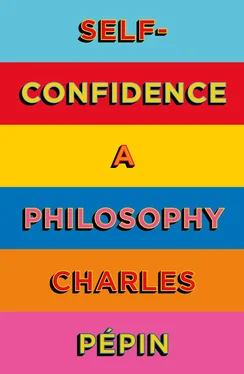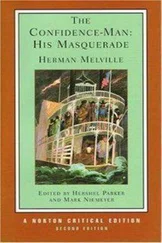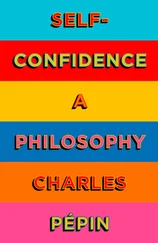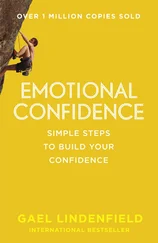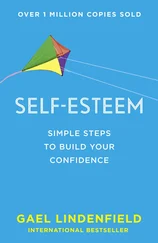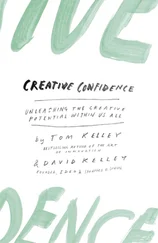The students who train with fear in their bellies, anxious to be prepared for any topic, will never achieve true self-confidence. They acquire abilities that will win them some success as scholars, but they will continue to lack self-confidence and trip up at some point or other. They will be more prone to panic on the day of the big exam, faced with an unexpected question. They put too much faith in their abilities and not enough in themselves.
On the other hand, there are students who train in the spirit of discovery and are less intent on scholarship per se. They are not as obsessed with being perfectly prepared and are more likely to try things, to respond to challenges. They aren’t looking to reassure themselves at all costs. They turn to their studies with a sense of pleasure, being creative about it. They don’t talk about topics in quite the same way as the others – there is excitement in their voices, and an active curiosity crowds out their anxiety. The results are striking. While the first group of students are terrified by the uncertainty that is part of any exam, the second think of it as fun. They are ready to deal with what’s served up to them. They understand that this is integral to human life.
Confidence is not the same thing as reassurance. To have confidence in yourself is to know that you can handle the unexpected, not to mistakenly believe that life is foreseeable. It’s true that there are situations where a high degree of competence reduces the risk of the unexpected almost to nothing, but in those cases you don’t really need confidence in yourself – competence is enough.
In his essay Oser faire confiance (Daring to Trust), the philosopher Emmanuel Delessert explains the difference between confidence and competence: ‘Having confidence in oneself does not mean being certain one can do something because one has already done it a thousand times – how sad! How limited! On the contrary, it means turning to that uncertain part of oneself – which has never yet been activated – and electing to call on it, to wake it up.’
To trust ourselves is to undertake something we haven’t ‘already done a thousand times’, something that we may never have tried before. When we succeed, it isn’t just our competence that gives us confidence: it’s ourselves.
‘The experience of others is a comb for a bald man,’ says a witty Chinese proverb. What does it mean? That only our own experiences count, not other people’s, because only our own experiences can give us confidence. Like ‘a comb for a bald man’, someone else’s experience isn’t much use to us. At most it adds a little to our competence. But what’s more important than our competence is the path we have travelled and how we’ve negotiated it, which is what makes up our true experience and our treasure. Along the way, we have learned about how we react to adversity, failure, or success; we’ve taken the measure of our talent, our desire, our ambition. We’ve gained in self-knowledge. No one can walk this road for us.
Конец ознакомительного фрагмента.
Текст предоставлен ООО «ЛитРес».
Прочитайте эту книгу целиком, на ЛитРес.
Безопасно оплатить книгу можно банковской картой Visa, MasterCard, Maestro, со счета мобильного телефона, с платежного терминала, в салоне МТС или Связной, через PayPal, WebMoney, Яндекс.Деньги, QIWI Кошелек, бонусными картами или другим удобным Вам способом.
